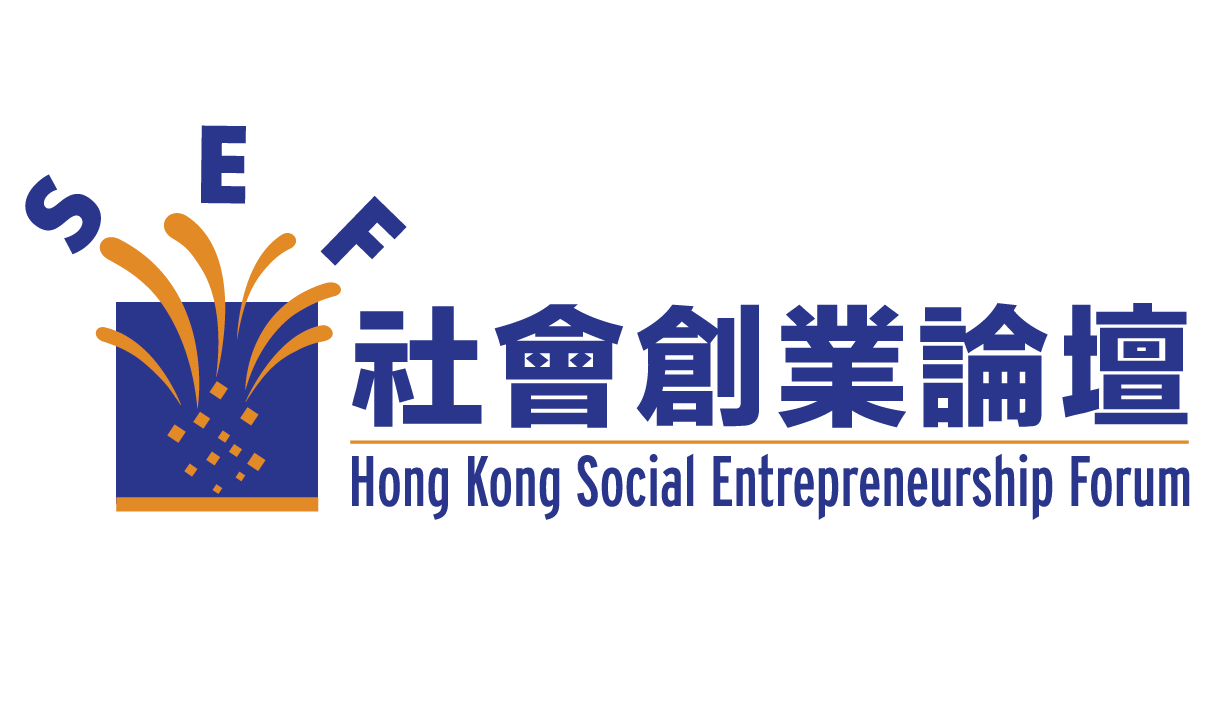Edited by Dr KK Tse
Yvonne Yeung and KK Tse (Vice-Chair and Chair of Hong Kong Social Entrepreneurship Forum respectively) have just attended the Changemakers Master Class offered by the NZSEF in Auckland on September 11 to 15, 2011. It was an exceptional learning experience.
What is NZSEF?
As in most countries, there were individuals in New Zealand who had acted like social entrepreneurs well before this term was coined. These are people who have the passion to tackle major social issues in innovative and entrepreneurial ways.
At the turn of the century when social entrepreneurship was increasingly recognized as a new and vital force for changing the world, some New Zealanders began to wonder who the leading social entrepreneurs in the country were. In 2005, the Tindall Foundation commissioned Vivian Hutchinson to identify the leading social entrepreneurs to join the New Zealand Social Entrepreneur Fellowship with the view of giving them more recognition as well as enabling them to learn from and support each other to create even bigger impact in the community. It took Vivian six months to come up with a shortlist of 25 candidates out of 400 people identified. At the end 15 were invited to join the Fellowship. Vivian himself was among the fifteen and he was also appointed the full-time Executive Director for the Fellowship.
Vivian Hutchinson is a legendary figure in New Zealand and is perhaps the most well known social entrepreneur in the country. KK met him for the first time in 2004 and has been much inspired by him. In his book 公益創業 : 青年創業及中年轉業的新選擇, KK devoted a whole chapter to describe Vivian’s work and its impact on the community. Vivian has been invited to come to Hong Kong as a Keynote Speaker at the Social Enterprise Summit this November.

The Bigger Picture
Before we give some examples of the social entrepreneurs included in the Fellowship, let’s hear what Vivian has to say about New Zealand society:
“On a global scale, New Zealand is a wealthy country. But, like all the prosperous countries, we have large sections of our population struggling to have a ‘fair go’ at sharing and enjoying the good fortune. Beneath the surface of green, clean environment – and the thriving and creative communities we like to show our visitors – there are a whole range of social, economic, and environmental problems that continue to be complex, stuck and resistant to change.
Scratch the surface, and we can make a list:
- We’ve got a widening gap between rich and poor, and many of our most important indicators of well-being are deteriorating
- Employees are working longer hours at the expense of their families, and our young people are continuing to find it difficult to make the transition to adult life
- We have a shameful record of family violence (particularly towards children)
- We’re still struggling to fully include our communities those people with impairments and disabilities and mental health challenges
- We can’t build enough homes that are affordable to live in
- Our prisons and justice system are over-loaded
- We’ve got increasing problems with drugs and substance abuse, and problem gambling
- We have an appallingly low level of citizen participation in our democratic processes
- And we have yet to take our fullest responsibilities as a country for our own polluting behavior and a way of life that contributes to climate change
It’s a list that could go on… and if it sounds familiar, it is because this list reminds us that these problems have been with us for some time. They are problems which force us to question and reflect on some of the harder challenges facing the country…. It is questions like these that are the starting point for social entrepreneurship.” (from Vivian Hutchinson’s forthcoming book, How Communities Heal: Stories of Social Innovation and Social Change. )
Some Examples
Brian Donnelly – With over 20 years of experience in housing management, Brian believed that the current public housing system was effectively broken. He founded the Housing Corporate as a social enterprise to initiate a series of innovative financing models to provide affordable housing.
Gael Surgenor – Gael has extensive experience working in community organizations and community-based media before entering the Ministry of Social Development where she led significant attitude and behavior change campaigns on parenting and family violence, and pioneered successful strategies for combining social marketing with a community development approach to social change.
Emeline Afeaki-Mafilo – A New Zealand-born Tongan, Emeline created a unique approach to providing mentoring and lifeskills education to young people that is especially adapted to migrant families. To sustain and expand the programs, Emeline created a social enterprise in Tonga which grows and exports fair trade coffee.
Kim Workman – Formerly head of the New Zealand Prison Service, Kim had became deeply troubled by a sense of futility of the existing criminal justice system and , in particular, the ineffectiveness of prisons. Since retirement he has become an active social entrepreneur and has been a public advocate for justice reform and a complete rethinking of the attitudes towards crime and punishment.
Vivien Maidaborn – Vivien was the Chief Executive of CCS Disability Action, one of the largest community-based agencies. She led a major management transformation and cultural change in the organization and went on to establish as innovative social enterprise, Lifetime Designs Ltd., which is setting the standard for new house design that can work well for people of every age, stage and ability.
Insights for HK Social Entrepreneurs
It is interesting and instructive to contrast the profile and impact of social entrepreneurs in HK and NZ. Below are some obvious contrasts:
Sources of funding – There is a far less ‘dependence’ or ‘reliance’ on government funding for launching social enterprises in NZ. To be sure, the New Zealand government has always been providing financial support for all sorts of community initiatives but there are no funding schemes for social enterprises as such. Social entrepreneurs in NZ made imaginative use of multi-sources of funding to kick-start their ventures, including charitable donations, government grants (for purposes other than social enterprises), corporate sponsorship, private investments, earned income, etc.
Prior experience – The typical NZ social entrepreneur usually has a wealth of other experience (commercial, community organization, public sector, etc.) before they became social entrepreneurs. In Hong Kong, the average age of social entrepreneurs appears to be much lower (although this might not be entirely without its advantages).
Complex social issues – Partly because of the previous point, the NZ social entrepreneurs as represented in the Fellowship are tackling pressing and complex social issues and they typically engaged or created a number of different organizations, initiatives, and platforms to address a single social issue. In Hong Kong, social entrepreneurs seem to be more focused on one or two organization.
A matter of numbers – In terms of number of social enterprises, HK is ahead of NZ (albeit most of these are small and tiny in scale). But in terms of the number of social entrepreneurs who are tackling major social issues and creating significant impact over time, NZ is far, far ahead of us. That is why Vivian Hutchinson’s book on the stories of these social entrepreneurs would be so compelling and inspiring.
All are passionate people – Social entrepreneurs in HK and NZ are all passionate and exceptional individuals who have the drive and the fire inside them to change the world for the better. But I was immensely amazed by the NZ ones in terms of their dedication, commitment, resourcefulness, perseverance, sense of mission, entrepreneurship and leadership – all the ingredients that make social entrepreneurs such a powerful force in the world.
Mutual sharing and support – But by far the greatest contrast is how the leading social
entrepreneurs in NZ have been willing and committed to sharing among them their experience, feedback, critiques, networks, resources, expertise, and mutual support, so that they could improve their own work, reflect their missions and meaning, rethink approaches and strategies, and collectively make an even bigger impact in society. By contrast, although most of the HK social entrepreneurs know each other and might see each other from time to time, there are hardly any opportunities or forums for them to sit down and talk to each other at some depth. We definitely need to create an environment similar to the NZSEF for our leading practitioners to share experience, insights, questions, doubts, challenges, mistakes, aspirations, etc.
Where does fellowship come from? – The NZSEF had come about through the effort of Vivian Hutchinson and the generous support from the Tindall Foundation. But a fellowship of the leading practitioners does not need to wait for a big donation to materialize. As part of the Social Enterprise Summit, we are organizing for the first time a Social Enterprise Practitioners Master Class which will benefit from the input from such overseas practitioner as Vivian Hutchinson and will provide an opportunity for the practitioners to exchange experience and provide mutual support. We hope this could be the beginning of building a learning community among the practitioners in the field.

